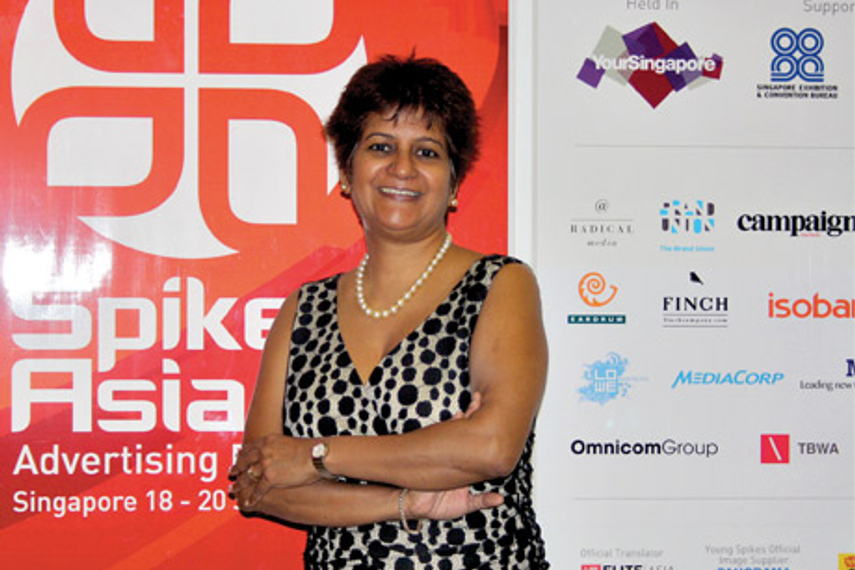
Please sign in or register
Existing users sign in here
Having trouble signing in?
Contact Customer Support at
[email protected]
or call+91 022 69047500
Sunita Rajan, senior vice president – BBC Advertising, Asia, discusses the India operations, and how to go about branded content

Contact Customer Support at
[email protected]
or call+91 022 69047500
Top news, insights and analysis every weekday
Sign up for Campaign Bulletins
Creator journalists and UGC are starting to draw more attention from advertisers wary of potentially distressing content on news brands.
Wren was speaking at the Q1 earnings call and expects to close the IPG acquisition in H2 2025.
Brands that get the human-AI bot balance right will are better poised to address consumer issues faster and earn lasting trust, says HAWK Gozoop Group's COO.
From creator collabs to AR chefs, IPL 2025 proves brands must chase relevance across memes, match breaks, and micro-moments—not just media buys.